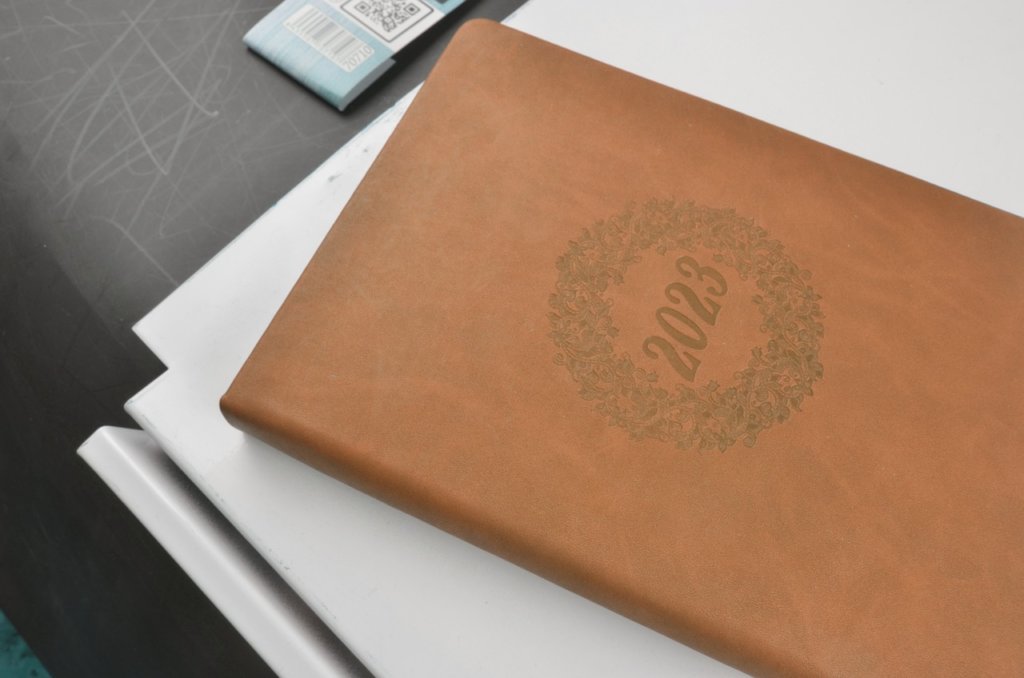Inter-professional Team Collaborations to Achieve Hearing Care in Integrated Person-centered Care for Older Adults: A New Year’s Resolution for 2024
What’s New About Getting Older?
Kathy Pichora-Fuller's column “What’s new about getting older?” delves into all aspects of ageing and hearing ranging from health policy developments to neurophysical research on the aging auditory brain.

The Year in Review
Throughout 2023, this column has reviewed evidence, posed questions, and challenged audiologists to consider how various connections between hearing and healthy aging affect practice and policy. In Issue #2, the column focused on how biological sex and social/behavioral gender-based differences may be important for understanding hearing loss and delivering person-centered hearing care across the life course. The issue #3 column spotlighted stigma, ageism and the imperative for audiologists to emphasize a positive health promotion approach to hearing care for older adults. The issue #4 column explored how quiet, noise, and meaningful sound in our acoustic ecologies might align with research suggesting that older adults living in green neighborhoods are cognitively younger than those living in less green (more grey) urban environments. In the issue #5 column, on the heels of the long-awaited release of the first results on the ACHIEVE randomized control, audiologists were challenged to rethink hearing care in terms of how better hearing could be a gain that offsets the deleterious effects on functioning that may result from age-related declines in multiple capacities, including but not limited to cognition. As audiologists, we can help people hear better and function better as listeners and communicators. By improving communication function, we also have an opportunity to help people living with hearing loss who face challenges in other health domains that may make it challenging for them to live and age well. The issue #6 column built on the World Health Organization (WHO) integrated person-centered care for older adults (ICOPE; https://www.who.int/publications/i/item/WHO-FWC-ALC-19.1) guidance that nests hearing care in the broader context of integrated primary care. With the overall aim of integrated care being to optimize functioning, hearing care also has the potential to address policy priorities for aging well. An overall theme in 2023 has been the need for audiologists to go beyond their comfort zone and join forces with other health providers to promote healthy aging.

The Year Ahead
The theme of this first column for 2024 will focus on how to realize a new era in practice and policy that sees audiologists pioneer new collaborative relationships and roles in inter-professional primary care for older adults. The imperative to establish hearing care in the global movement towards person-centered, integrated inter-professional primary healthcare teams was heralded at the World Hearing Forum (WHF; https://www.who.int/activities/promoting-world-hearing-forum) meeting held at WHO headquarters in Geneva in late November 2023 (https://www.who.int/news-room/events/detail/2023/11/29/default-calendar/world-hearing-forum-members-meeting). At the meeting, the WHF announced a new working stream on “External Relations” to be co-chaired by Peter Thorne who is a professor of audiology and neuroscience at the University of Auckland in New Zealand and by the president of the International Federation of Hard of Hearing People. The purpose of the working stream will be to develop relationships between the WHF members and non-hearing external parties with whom connections will be key to achieving integrated health care practice and policies. Notably, building bridges between hearing-related experts and aging-related experts was one of the priority areas of activity discussed at the first meeting of the new WHF working stream.
Participants in the first meeting of new working stream included representatives from the International Federation on Ageing, the International Society of Audiology (ISA), and the International Collegium of Rehabilitative Audiology. Canadian audiologists are welcome to join the ISA Working Group on “Hearing in Later Life (HLL)” (https://isa-audiology.org/about-isa/working-groups) and to participate in or view the recordings of the HLL monthly webinar series. This ISA webinar series began in Fall 2023 and provides a basis for building an international community of practice on HLL (https://isa-audiology.org/events/events). Note that the ISA HLL WG webinar series has featured Canadian leaders who are pioneers leading the way to including audiology in new integrated person-centered, inter-professional primary care teams.
A New Year’s Resolution
I invite Canadian audiologists to join me in making a resolution to make 2024 the year to move hearing care into a new era of integrated person-centered, inter-professional primary care. Together we can help older adults to function better by working towards communication accessibility within the walls of all primary care settings and also in the communities outside of the doors of those settings.

